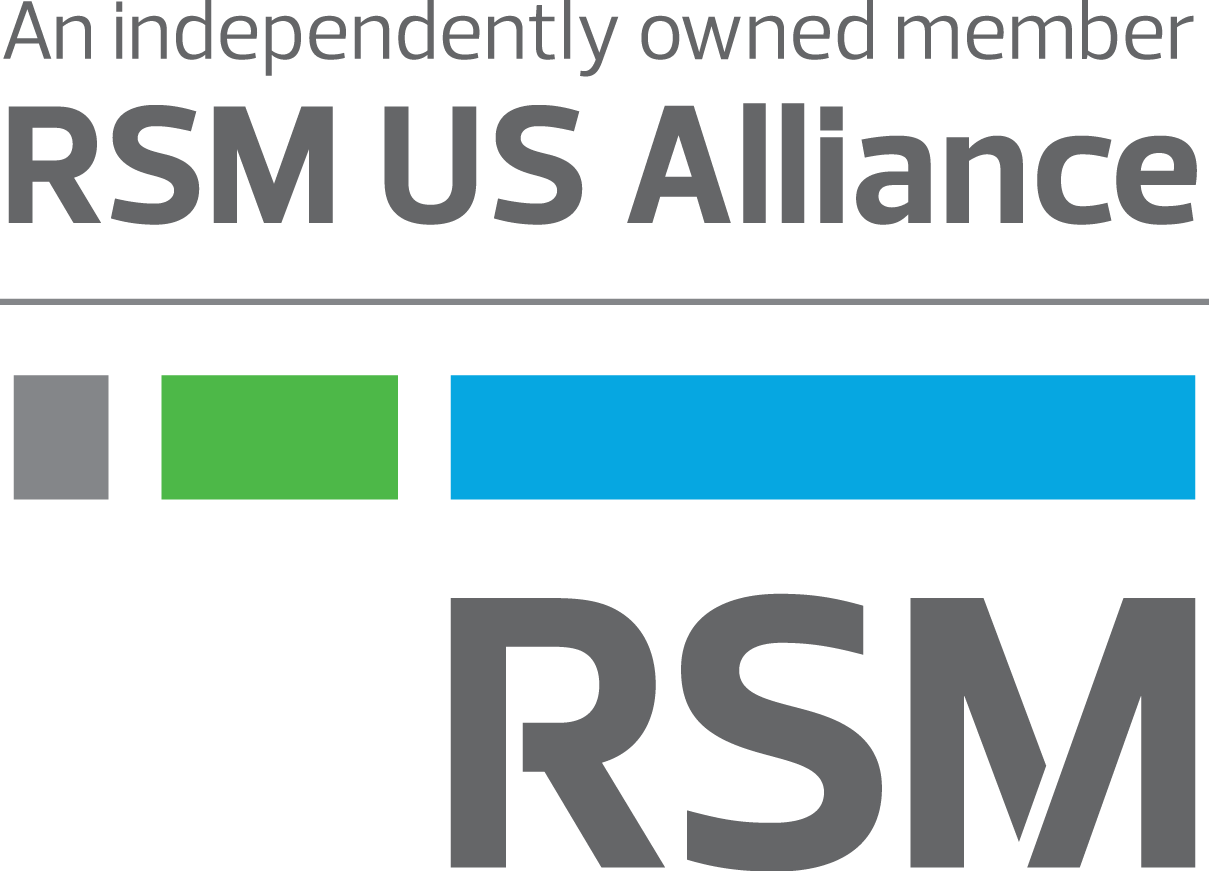
Must-know changes to New York’s MCTMT tax
ARTICLE | June 20, 2023
Authored by RSM US LLP
Executive summary:
Need-to-know changes to the metropolitan commuter transportation tax
Effective July 1, 2023, the metropolitan commuter transportation mobility tax (MCTMT) top tax rate will increase for some employers and individuals. In addition, recent legislation made a number of critical changes to the MCTMT that both employers and employees should understand.
The MCTMT
The MCTMT is imposed on certain employers and self-employed individuals engaging in business within the metropolitan commuter transportation district. The tax generally applies to those employers that are required to withhold state taxes and have a payroll expense exceeding $312,500 in any calendar quarter. ‘Payroll expense’ is defined as the total wages and compensation subject to federal social security tax without regard to the annual social security wage limit. Self-employed individuals, including partners, must generally pay the tax when net earnings from the district exceed $50,000. The district includes the five counties of New York City (New York (Manhattan), Bronx, Kings (Brooklyn), Queens, and Richmond (Staten Island)), and the counties of Rockland, Nassau, Suffolk, Orange, Putnam, Dutchess and Westchester.
New for 2023 and beyond
Pursuant to New York Senate Bill 4008C/Assembly Bill 3008-C, approved by Gov. Kathy Hochul in early May, the MCTMT highest tier rate will increase from 0.34% to 0.60% for employers conducting business in the five New York City counties, i.e., New York (Manhattan), Bronx, Kings (Brooklyn), Queens and Richmond (Staten Island), effective July 1, 2023. The highest tier rate applies to employers who have a payroll expense exceeding $437,500. The top tier rate and payroll expense threshold for the remaining counties in the district remains unchanged at 0.34% and $437,500, respectively.
The bill will also increase the MCTMT top tax rate imposed on the net earnings of self-employed individuals conducting business in the New York city counties from 0.47% to 0.60% for tax years beginning on or after Jan. 1, 2024. The $50,000 earnings threshold remains unchanged.
The following chart summarizes the MCTMT employer rate changes effective July 1, 2023.
|
Payroll expense |
MCTMT |
Counties |
|
Over $312,500 but not over $375,000 |
0.11% |
Dutchess, Nassau, Orange, Putnam, Rockland, Suffolk, Westchester, New York (Manhattan), Bronx, Kings (Brooklyn), Queens, and Richmond (Staten Island) |
|
Over $375,000 but not over $437,500 |
0.23% |
Dutchess, Nassau, Orange, Putnam, Rockland, Suffolk, Westchester, New York (Manhattan), Bronx, Kings (Brooklyn), Queens, and Richmond (Staten Island) |
|
Over $437,500 |
0.34% |
Dutchess, Nassau, Orange, Putnam, Rockland, Suffolk and Westchester |
|
Over $437,500 |
0.60 |
New York (Manhattan), Bronx, Kings (Brooklyn), Queens, and Richmond (Staten Island) |
Finally, Part B of New York Senate Bill 4009C/Assembly Bill 3009-C, approved the same day as the above legislation, amends how ’net earnings from self-employment’ is defined for MCTMT purposes effective immediately. The amendment applies to self-employed individuals who take part in the control (directly or indirectly) or participates in the management or operations of the partnership and is not passive investor. This is true regardless of the individual’s title, characterization in a partnership or business’ operating agreement. As a result, the net earnings from a self-employed individual that were previously excluded from the MCTMT under federal section 1402 are no longer exempt.
Takeaways
The MCTMT is an often-missed tax due to its limited application in both geography and rate. The addition of a new rate for certain counties could confuse some providers and employers not used to a newly bifurcated top tier rate structure. The mid-year rate change for employers in specific counties will first be subject to the quarterly filing and payment due October 31 for the July 1 through September 30 period. Additionally, self-employed individuals that may have been exempt under section 1402 should begin to plan how to comply with the MCTMT as that change was effective from the governor’s approval. Taxpayers with questions about these changes should reach out to their state and local employment tax providers.
This article was written by Peter Berard, Mo Bell-Jacobs, Jen Claud-White and originally appeared on 2023-06-20.
2022 RSM US LLP. All rights reserved.
https://rsmus.com/insights/tax-alerts/2023/must-know-changes-to-new-york-s-mctmt-tax.html
The information contained herein is general in nature and based on authorities that are subject to change. RSM US LLP guarantees neither the accuracy nor completeness of any information and is not responsible for any errors or omissions, or for results obtained by others as a result of reliance upon such information. RSM US LLP assumes no obligation to inform the reader of any changes in tax laws or other factors that could affect information contained herein. This publication does not, and is not intended to, provide legal, tax or accounting advice, and readers should consult their tax advisors concerning the application of tax laws to their particular situations. This analysis is not tax advice and is not intended or written to be used, and cannot be used, for purposes of avoiding tax penalties that may be imposed on any taxpayer.
RSM US Alliance provides its members with access to resources of RSM US LLP. RSM US Alliance member firms are separate and independent businesses and legal entities that are responsible for their own acts and omissions, and each are separate and independent from RSM US LLP. RSM US LLP is the U.S. member firm of RSM International, a global network of independent audit, tax, and consulting firms. Members of RSM US Alliance have access to RSM International resources through RSM US LLP but are not member firms of RSM International. Visit rsmus.com/aboutus for more information regarding RSM US LLP and RSM International. The RSM(tm) brandmark is used under license by RSM US LLP. RSM US Alliance products and services are proprietary to RSM US LLP.

VPTAX is a proud member of RSM US Alliance, a premier affiliation of independent accounting and consulting firms in the United States. RSM US Alliance provides our firm with access to resources of RSM US LLP, the leading provider of audit, tax and consulting services focused on the middle market. RSM US LLP is a licensed CPA firm and the U.S. member of RSM International, a global network of independent audit, tax and consulting firms with more than 43,000 people in over 120 countries.
Our membership in RSM US Alliance has elevated our capabilities in the marketplace, helping to differentiate our firm from the competition while allowing us to maintain our independence and entrepreneurial culture. We have access to a valuable peer network of like-sized firms as well as a broad range of tools, expertise, and technical resources.
For more information on how the VPTAX can assist you, please call us at (408) 278-8370.